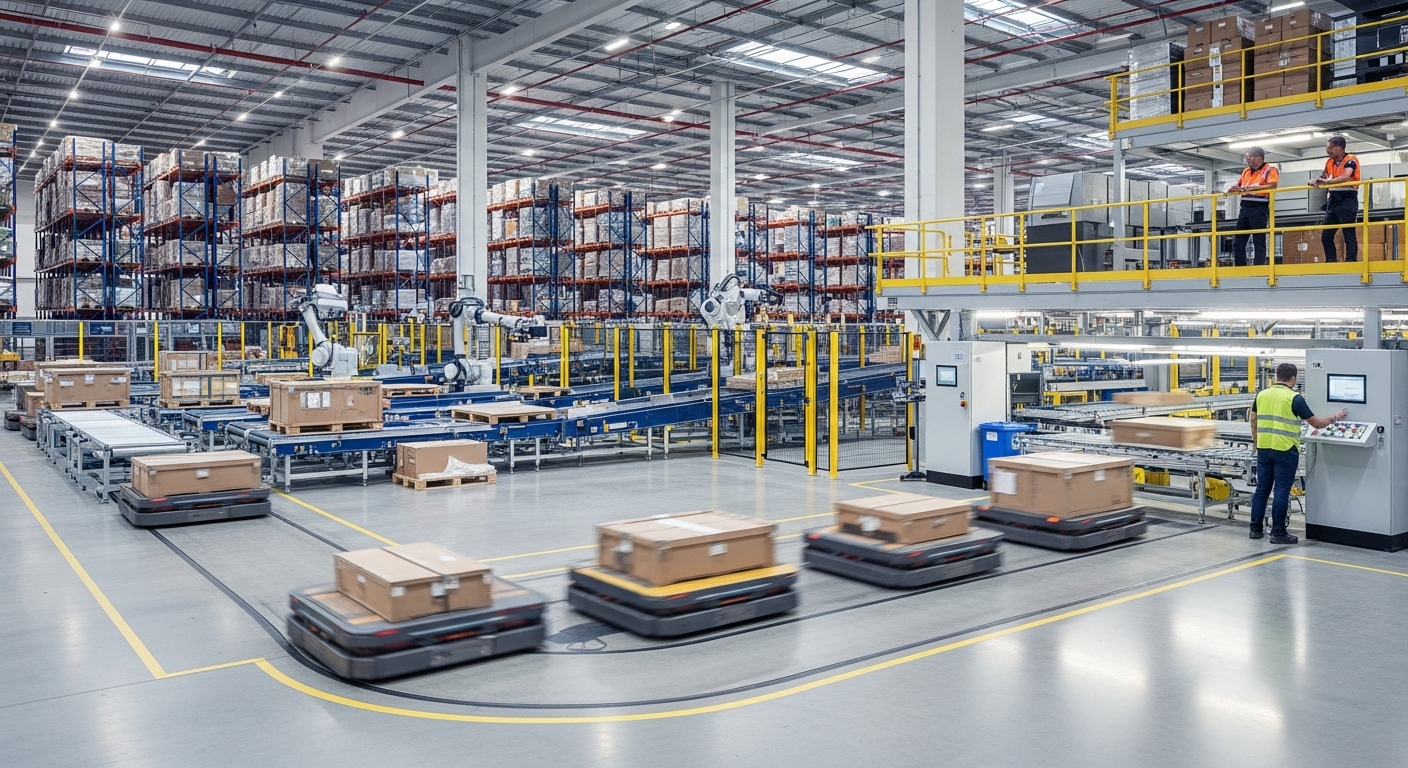Transforming the Industry: The Rise of Carbon Fiber in Automotive Manufacturing
Introduction: The automotive industry is continually evolving, and one of the recent breakthroughs is the increased use of carbon fiber. This lightweight, high-strength material is revolutionizing the way cars are made, offering significant advantages over traditional materials. Let's dive into the fascinating world of carbon fiber in automotive manufacturing.

A New Era in Automotive Manufacturing: Carbon Fiber
Carbon fiber, a strong and lightweight material, has been a game-changer in various industries, including aerospace, sports equipment, and now, automotive manufacturing. Historically, cars were made primarily from steel and aluminum, but these materials are heavy, and their weight can significantly impact a vehicle’s performance. Carbon fiber’s strength-to-weight ratio is far superior, making it an ideal material for automotive manufacturing.
The Journey of Carbon Fiber in the Auto Industry
Carbon fiber entered the automotive industry in the 1980s, when it was first used in race cars due to its high strength and low weight. Over the years, the use of carbon fiber has expanded to luxury cars and high-performance vehicles. Recently, the material has started to make its way into mass-produced vehicles, marking a significant shift in the industry.
Current Trends and Insights
The use of carbon fiber in automotive manufacturing is gaining momentum, with many automakers investing heavily in research and development. One of the key trends is the development of new manufacturing techniques to make carbon fiber more affordable and accessible. Additionally, automakers are exploring ways to combine carbon fiber with other materials to enhance its properties further.
The Impact of Carbon Fiber: Benefits and Challenges
The benefits of carbon fiber are numerous. Its lightweight nature can improve fuel efficiency and vehicle performance. However, there are also challenges. The manufacturing process for carbon fiber is complex and expensive, and the material is more difficult to repair than traditional materials. Despite these challenges, the potential benefits of carbon fiber make it a promising material for the future of the automotive industry.
Looking Ahead: The Future of Carbon Fiber in Automotive Manufacturing
As the automotive industry continues to innovate, the use of carbon fiber is expected to grow. While there are still hurdles to overcome, the potential of this material is undeniable. With ongoing research and development, we can expect to see more cars made with carbon fiber in the coming years, transforming the way we think about car manufacturing.
In conclusion, carbon fiber is a transformative material in the automotive industry, offering immense potential for the future. Its strength, lightness, and versatility make it an exciting development in car manufacturing, promising to change the industry for the better. As we continue to push the boundaries of automotive technology, carbon fiber is undoubtedly a material to watch.




